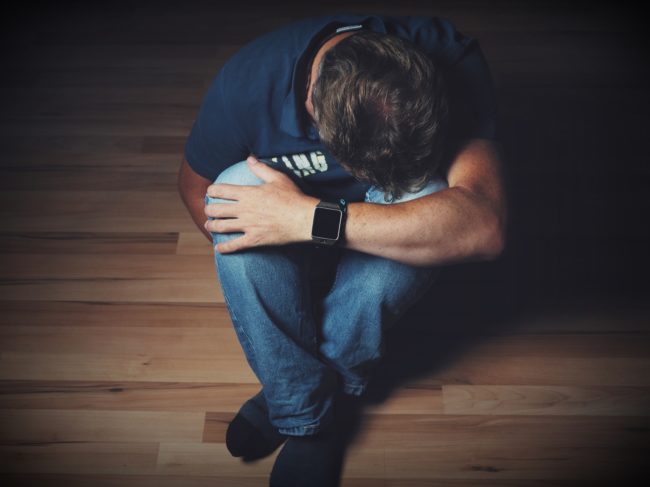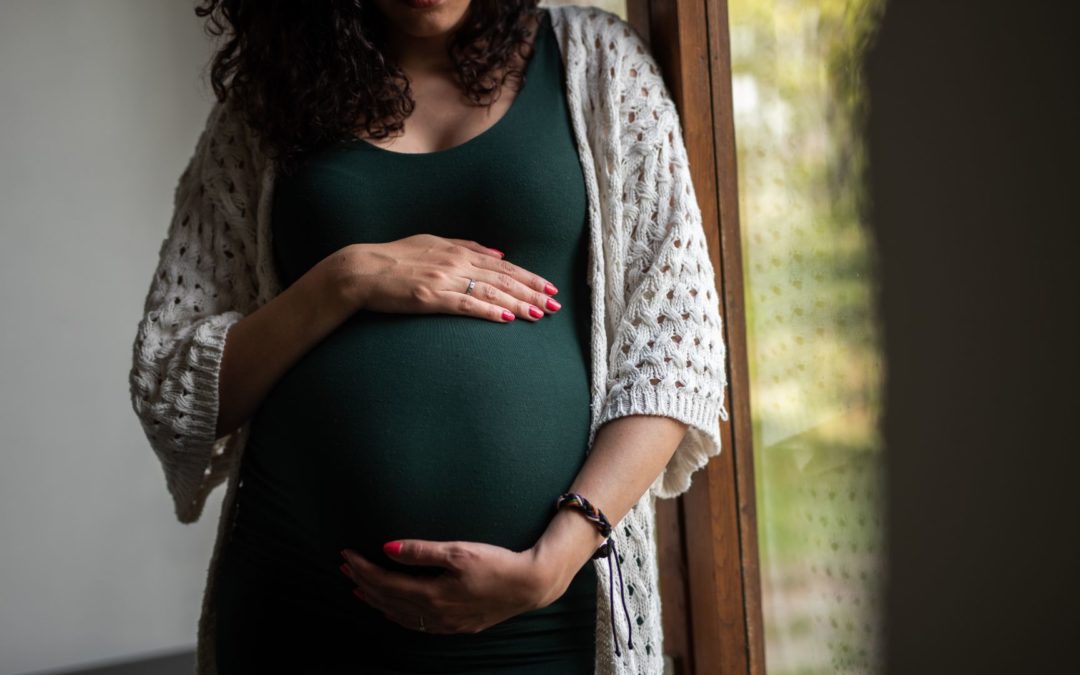
A new report has shone a stark light on a subject that is seldom talked about: child to parent abuse. The survey, undertaken by PEGS, asked 220 people about their experiences.
The results include shocking statistics. 80% of respondents reporting being hit, kicked or strangled by their child. 17% are experiencing sexualised behaviour from their child, and 70% of those verbally abused experience it on a daily basis. The majority of the children are targeting siblings, and almost 30% have hurt pets/ animals too.
A quarter of the children were aged five or under when the abuse began, and almost nine in ten were 12 or under. 95% of parents said they felt helpless while trying to cope with the abuse.
What is child to parent abuse?
Child to parent abuse is often under-reported, and parents may not recognise what they are experiencing as abuse. All of the following behaviours count as abuse to parents:
- verbal abuse
- humiliation/ insults
- screaming
- swearing
- intimidation
- threats to hurt themselves
- stealing money
- hitting/ punching/ kicking
- damaging property
- throwing things
- bullying siblings
- hurting pets
- inappropriate sexual behaviour or language
There can be misconceptions around child to parent abuse, such as the idea that these behaviours in children stem from being abused themselves. In fact, PEGS have found that 65% of families have no history of abuse at all. Abuse of parents is also not caused by bad parenting.
‘Imagine having to admit that the person who gave you that black eye is not even 5 foot and is your own child’
Some of the dads who are living with abuse from their children shared their experience with Dad Info. We have removed their names to protect their anonymity.
Dad 1:

“Imagine living in an abusive relationship with your husband, wife or partner. Physical, mental, verbal abuse or all three. Imagine having to spend every day walking on egg shells wondering what’s going to happen next, if there’s going to be an argument or fight. Wondering if something you have or haven’t done will cause it, however trivial. Imagine this going on for years & wearing you down to the point where you feel worthless & question your own existence. With luck, you’d hopefully reach a point where you’d decide to leave that relationship. Once you’ve done that, maybe you could get some support & move on with your life.
“Now, imagine that your abuser is your own child. However bad it gets, you don’t have the option of removing yourself from the equation. You have to lock yourself in with your abuser at night and you cannot retaliate however bad it gets. You have to feed & care for them, however much abuse they throw at you & the rest of your family. Even worse, your abuser knows you can’t do anything about it & feeds off it.
‘You have to lock yourself in with your abuser at night. You cannot retaliate however bad it gets.’
“Imagine trying to talk to professionals about this only to be told you’re not doing a good enough job & you need some parenting advice. Not support. Advice. Imagine those same professionals persecuting you & implying or telling you directly that it’s your own fault. Regardless of any disability a child could never behave that way without cause. You must therefore be that cause. You can’t talk to anyone about it as society doesn’t accept it exists. Why can’t you can’t control your child? What kind of a parent are you?
“That’s my life. I love my child as much as you love yours, but I also hate what they do & fear for their future almost as much as I do for mine. I have to let more things slide in one day with my child than parents of neurotypical children do in a lifetime. You look down your nose at me, but you wouldn’t last a day in my shoes.”
Dad 2:

“I see my child attack their mum, so I intervene and I’m attacked too. Then I turn up at work with scratches, bruises and exhaustion and I hear colleagues whisper about me being attacked by my wife, no one asks just assumes. For a man who is being abused by his wife or partner, speaking out is so, so hard.
“Imagine having to admit that the person who gave you that black eye is not even 5 foot and is your own child… I feel a failure, I can’t protect my wife and I can’t protect myself. We are judged by those we went and asked for help from. ‘It’s you, your parenting, go to a class, you have no boundaries, what are you doing to make him act this way, what are you saying, well you are a tall man he’s bound to feel intimidated…’
‘We love our son and want the help he and we deserve, we just don’t want to be punch bags’.
“We are blamed, told it is us, our parenting, anything and everything except the acknowledgement that my child is the one whose behaviour needs addressing. Our once beautiful home now looks like it would belong on the tv programmes that come in and help people to clear up, not one door has not been broken. I’ve lost count of the number of tvs and computers that have been smashed. We can’t go on like this, yet we have to day after day as we love our son and want the help he and we deserve, we just don’t want to be punch bags .
“I don’t know how much more we can take, our health is suffering, our home is not our home and our son controls and rules us. If we behaved this way towards him we would be in serious trouble, we don’t want that for our son but we do want it to stop. I’m a 36 year old 6ft 2 man with an earlier career in the armed forces, the irony is I could help protect our country but I can’t even protect myself and my wife.”
Dad 3:

“I feel I failed as a husband and as a dad. I don’t like to talk about it but it’s getting worse, I fear one day my daughter will kill her mum.”
What to do if you are abused by your child
If you recognise your own child’s behaviour as abuse, PEGS suggest the following steps:
- Make a safety plan to keep yourself and anyone else in the house safe. For example, move yourselves to another room and shut the door.
- Log incidents in a journal so that you can identify any potential triggers, and so you can build up a picture over time of whether behaviour is escalating.
- Reaching out for support can be difficult, especially with child to parent abuse being largely unheard of – however more professionals are now beginning to become alert to the issue and how they can help. There are many avenues such as speaking to your child’s school, GP, or local authority. If you don’t feel ready to approach a professional, try to confide in a family member or friend so you have some support.
- During an incident, always call 999 if you’re in danger.
- Don’t feel you need to address the behaviour right then if it’s going to worsen the situation – it can be addressed once things are calmer. If it’s safe and possible to do so, try to step away from the situation for even 5 minutes to give yourself some space to breathe.
- Parents can self-refer to PEGS for support here.









